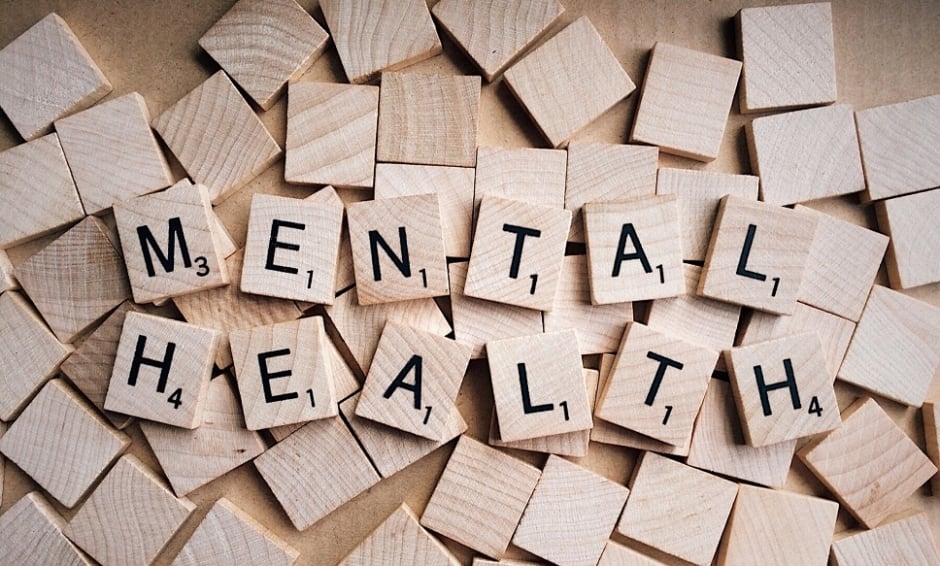An online therapy service in Finland is assisting mental health individuals who feel they cannot go to see a therapist/doctor in confidence. First set up 10 years ago, this service is now available across the country. Patients who use the online service are initially assessed through a questionnaire and depending on how severe the case is, can either be led to the online therapy sessions (including self-help tools, education, advice, training) or are advised to seek professional help or they can speak to a professional online. People who have participated in these online sessions have shown evidence of improvement in mental health and well-being. Research evidence shows that the therapy provided works as well as that it provided in a more traditional face-to-face setting.
In light of the recent news of the success of this model, we have been speaking to Samantha Francis, mental health expert of Find a Balance (www.findabalance.org), a social enterprise set up to offer therapy to mental health sufferers in the UK, to determine what her thoughts were on the service from Finland, and whether the UK could replicate a similar model.
What makes the internet so effective in communicating with other people?
This is a fantastic idea for milder mental illness conditions, as there isn’t such a large requirement for face to face therapy, plus now the majority of individuals are digitally savvy, particularly amongst the younger age range. The more mature market can also use the internet more confidently. Its quicker to access talking therapy online as individuals can access it on their phones or tablets.
What would be the difference in online therapy and face-to-face therapy?
With face-to-face therapy, no one needs to know that you are getting therapy for your mental illness, which can also help to address the stigma/shame in mental health especially amongst the more vulnerable communities such as the BAME (Black Asian & Minority Ethnic). It also alleviates waiting times for therapy and this is really crucial as waiting times for therapy can be anywhere between 8-24 weeks, which has a massive impact on the individual’s recovery, Sometimes a person just wants someone to talk to now and then. This would make a difference on government spending.
Do you think there might be a possibility that a person could misdiagnose their mental health due to online therapy?
I don’t think someone could be misdiagnosed as long as it is a professional therapist that is conducting the sessions, as they would use the same format as face-to-face sessions. If someone were going to contact an online therapist they would feel more likely to be brutally honest about their feelings.
At what point would the patient know whether the online therapy was effective or not?
They would know whether the online therapy was effective by the difference in how they are feeling about themselves, feeling confident and no longer suffering with negative symptoms e.g. not having anxiety about going out, speak to others etc. They would also feel confident that they no longer need the service anymore
At what point would the patient know whether to stop online therapy and to seek professional help?
If they were receiving online therapy and they felt like their condition was not getting any better, then that would be a point to seek more professional support – it really depends on the diagnoses. If you were suffering a Psychotic mental breakdown for example schizophrenia, then obviously online therapy would not be suitable for you, you would definitely need to visit a hospital.
One of FAB’s long-term goals is to produce an App that is accessible to individuals who want to secure support to address their mental health, but are not in a stable condition to leave there home at the time.
Note to Editor
About Find A Balance
Find A Balance is a mental health service provider specializing in working with NEET (Not in Employment, Education, or Training) 8-17 & 18-year-olds within Black and Minorities Ethnic (BAME) communities, offering bespoke, intense and early intervention mental health programmes. This includes, and isn’t limited to, employability programmes, family consultations, and ongoing support into and beyond securing employment, education & training.
Media Contact
Juliet Francis Ltd
Juliet Francis
Email: [email protected]
Tel: 07931 363 502








